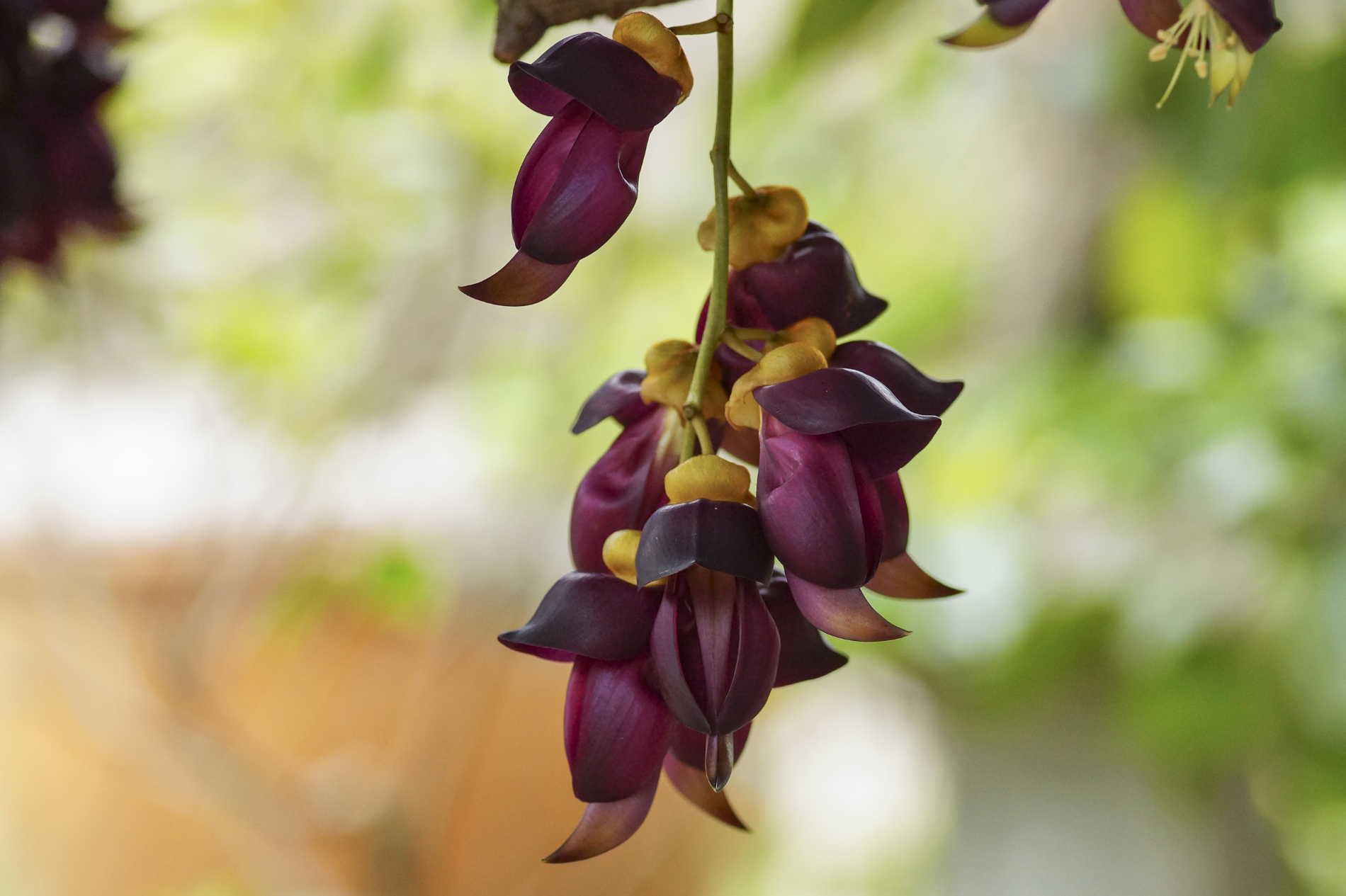Introduction
L-theanine, an amino acid found primarily in tea leaves and to a lesser extent in some mushroom species, has gained increasing attention in recent years due to its potential health benefits. In this comprehensive guide, we will look in detail at the discovery of L-theanine, the various forms of ingestion, dosage recommendations, the diseases it can treat, supporting studies, complementary supplements and medicinal plants, food sources, potential risks and side effects, and its use in natural medicine.
Discovery and history
L-theanine was first isolated in 1949 by Japanese scientists who were studying the ingredients of green tea. They found that it contributed significantly to the relaxing effect of green tea without causing drowsiness. This unique ability to promote relaxation without impairing alertness has made L-theanine a popular subject of research in the fields of neurology and psychology.
L-theanine: forms of intake and dosage
L-theanine can be consumed in various forms, including as an ingredient in tea (especially green tea), as a dietary supplement in the form of capsules, tablets or as a powder. The recommended daily dose varies depending on the intended use, but is often between 200 and 400 mg. It is important to follow the dosage recommendations on food supplements and consult a health professional if you are unsure.
Healing of diseases
L-theanine is credited with a number of health benefits, including improving cognitive function, promoting relaxation and stress reduction, and improving sleep quality. Although it is not considered a cure for disease, there is evidence that it can be supportive in the treatment of anxiety disorders, depression, sleep disorders and even certain cardiovascular diseases.
L-theanine: Supporting studies
Various studies have demonstrated the positive effects of L-theanine on mental health and stress reduction. A study published in the Journal of Clinical Psychiatry found that it significantly reduced anxiety symptoms in people with schizophrenia and schizoaffective disorder. Further research shows that it can improve concentration and attention, making it an interesting dietary supplement for improving cognitive function.
Complementary food supplements and medicinal plants
Combining L-theanine with other dietary supplements and medicinal plants can enhance its positive effects. Magnesium and omega-3 fatty acids, for example, are known to have relaxing properties and can contribute to stress reduction when combined with L-theanine. Adaptogenic herbs such as Ashwagandha or Rhodiola Rosea can also have a synergistic effect and increase resistance to stress.
L-theanine: food sources
Green tea is the richest natural source of L-theanine. Other teas such as black tea and oolong tea also contain it, but in smaller quantities. Apart from tea, there are only a few foods that contain significant amounts, which explains the popularity of dietary supplements.
Possible risks and side effects
Although L-theanine is generally considered safe, especially when taken in amounts equivalent to consuming tea, there are potential side effects at higher dosages. Rarely reported side effects include headaches, dizziness and gastrointestinal discomfort. Pregnant and breastfeeding women and people who are taking medication or have health problems should consult a doctor before taking supplements.
L-theanine: use in natural medicine
In naturopathy, L-theanine is often used to promote relaxation and to help with stress and anxiety. It is a valued agent in phytotherapy as it offers the calming properties of tea without the stimulating effects of caffeine. In addition, it is valued for its potential neuroprotective properties and its ability to improve cognitive function.
Summary
L-theanine is an amino acid with an impressive array of potential health benefits, from improving mental clarity and reducing stress to assisting in the treatment of certain mental and physical conditions. While the research is promising, it’s important to have realistic expectations and understand that supplements are best used in combination with a healthy lifestyle and, if necessary, in consultation with a health professional. As with any dietary supplement, it is crucial to be aware of potential interactions and side effects. However, L-theanine, whether extracted from tea or taken as a supplement, remains a fascinating example of how natural substances can help promote our health and well-being.




